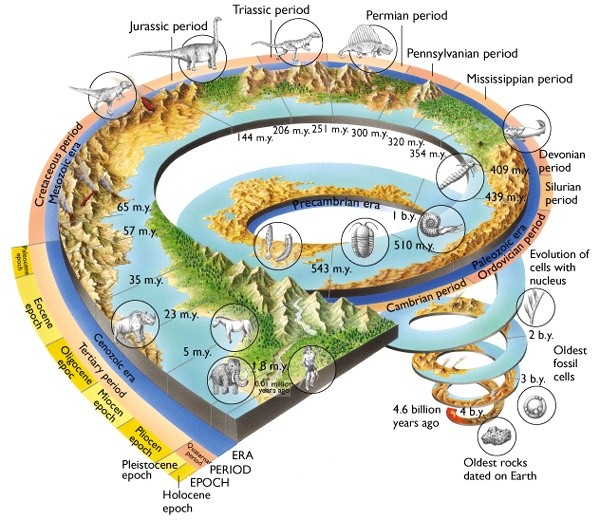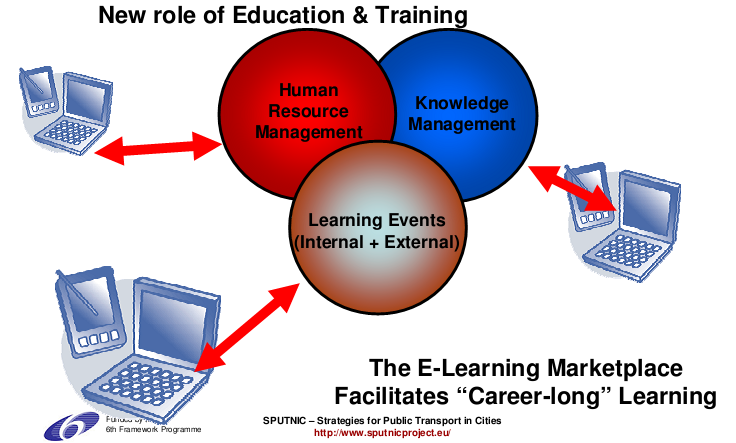
Competency Management System (CMS) is a disciplined approach to workforce management based on education and training. Customized to the goals and culture of each organization, CMS ensures your company/unit meet their strategic objectives by maximizing their workforce potential. The CMS process consists of three integrated elements: Human Resource Management, Knowledge and Learning/Training (Internal or External).
ATC-PVU understands that PVN and JOCs are meeting problems about advanced training approach and planning. To able to maximize the efficiency of training is to require a scientific approach and planning for long time. Facing these challenges, ATC introduces bravely training progression based on CMS. We propose some advanced training progressions relative to the below subjects:
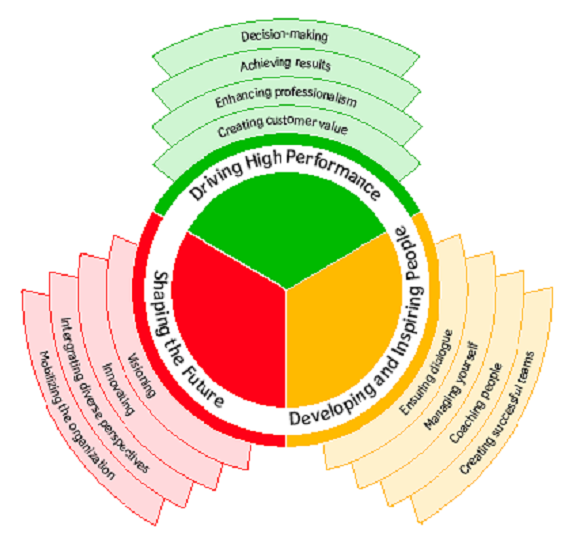
- Gas Processing
- Offshore Engineering
- Pipeline System
- Geology
- Geophysics
- Petro-Physics
- Reservoir engineering
- Well Construction and Drilling
- Subsurface engineering
- Production Engineering.
- Heavy Oil and Sand Oil
- Calculation and Analysis
- Deepwater Technologies
Competency Management Systems for Petroleum Engineering
(Referred from UKpia)
As petroleum exploration and development is the key for economic growth and sustainability, the lack of technically competent personnel required to achieve this safely and successfully remains a global issue.
Petroleum Safety Associates is a global leader in Accredited Competency Management Systems (CMS) for the energy industry that is comprised of internationally certified professionals to help you develop and maintain the best asset your country and company has, your people.
Petroleum Safety Associates have worldwide expertise and experience to provide governments and energy companies a complete solution to achieve every need for your personnel in competency. We have developed and rolled out to our clients every detail successfully in; occupational safety and health competency development, standard and performance criteria development, assessing, verification, mentoring, and training all with accreditation to international standards with an approved Competency Management System.
By working with you, a cooperative effort for developing complete systems of; occupational competency for personnel, companywide competency management systems, Assessors, Verifiers and technical education facilities, your company's full development is possible. This collaborative approach creates a self-sustaining and internationally accredited competent workforce.
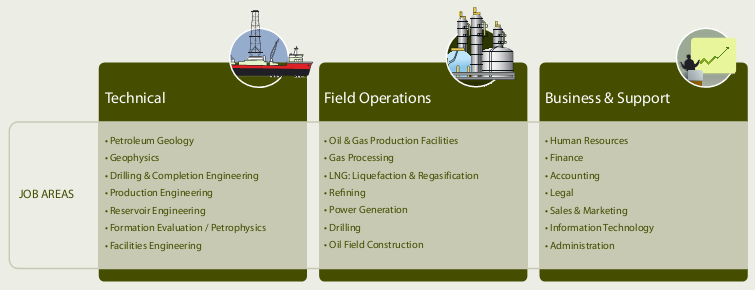
Competency Management Systems
(Referred from UKpia)
Competency Management Systems (CMS) are the specialty of Petroleum Safety Associates. So what is Competency?
A common misconception is that Competency is linked to training. This however, is not the case at all. Historically and even today competency is continuously perceived as the level of training that is required to enable professional succession of an employee. A perfect example to demonstrate the definition of difference in competency versus training is driving. When one takes their drivers test, passes and receives their driver license, this does not create a competent driver. Be certain to understand for the safety of your workforce, your company's production and reputation, that Competency is NOT training or knowledge, rather, competency of a person is the application of the steps below that in whole allow a person to be deemed competent;
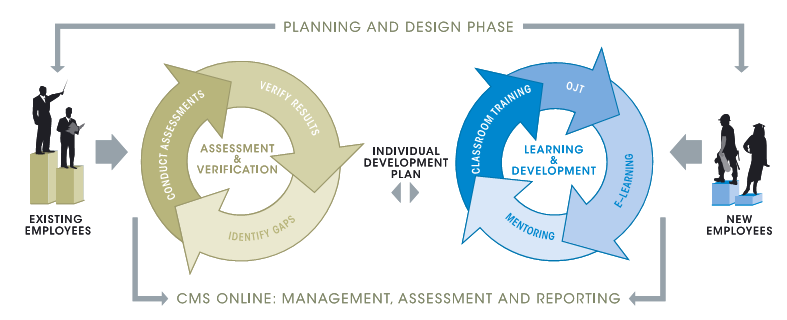
1. Training - technical, trade, professional and higher education that the employee has received. This is also very dependent on what the course taken consisted of. Attendances to seminars or non-tested courses are not considered a true capability of a candidate’s knowledge; those with written and practical examinations achieved are considered trained.
2. Experience - many employees have performed job duties for years, others are graduates entering the workforce and in some cases only on the job skills are learned under an immediate supervisor. Regardless of the time the person has performed their specific job tasks it is essential that specific knowledge and skills are applied in a safe and controlled manner consistently.
3. Skills - As with any position there are certain steps than an employee must take to perform their job with efficiency and safety. This has a direct bearing on the production capacity of that person and the company they work for. Lack of performing skills in a controlled and safe manner places that worker, co-workers and the company at risk.
4. Limitations - Even with very well trained, experienced and skilled workers there is a risk of complacency, or lack of certain knowledge that usually enters the picture. The levels of knowing limitations are broken down into usually three categories; the person does not know that they don't know, the person knows that they don't know, the person knows including their own limitation of competency.
5. Assessment - Any employee, to be deemed competent must go through an assessment by a certified assessor that is a Subject Matter Expert (SME) in the work scope of the employee to be assessed.
Before this process begins the company must develop their STANDARDS from which the employee will be assessed against. From these standards PERFORMANCE CRITERIA will be established. This means that the worker performs their job function against this performance criteria that are derived from standards required to complete the job tasks in a safe and efficient manner. Many components of assessment are utilized by a certified assessor to measure the employee such as; observation, witness testimony, professional discussion, products (presentations, documents), simulations and other forms of evidence that will be used to develop, progress through, and complete in their personal competency portfolio.
Ultimately there are two outcomes when assessing an employee; they are deemed competent, or not yet competent. If the employee is competent they have met all performance requirements against their job task / duty under the standard and have successfully demonstrated all criteria. If they are deemed not yet competent then the assessor may request additional evidence supported by coaching and mentoring in most cases. If major gaps are identified then a training needs analysis is considered either for new training, or skills, or simply a refresher of knowledge and skills. Regardless of the level of gap the assessor will work with the employee to attain the status of "competent".
6. Verification - Once an assessor has gathered the necessary evidence measured against the performance criteria of a standard. A certified Verifier assures that all evidence submitted to the assessor from the employee candidate is confirmed, and sense checked for quality according to the Competency Management System requirements. This is an assurance program to ensure that complete quality and transparency is maintained as required to develop and maintain a certified Competency Management System.
7. Competency Management System - Development of occupational job standards, their performance elements, assessment and verification must be controlled by an internationally recognized and accredited management system. This system is a framework comprised of policies, procedures, quality assurance, security management and other components that ensure the entire system functions as one unit.
8. Your final step is achieving a certified Competency Management System from the Awarding Body and maintaining it internally and verified externally. Petroleum Safety Associates perform all of these functions for a complete Competency Management System for your corporation. From training and skills delivery, development of standards and performance criteria, providing and training of assessors, verification, and certification of your Competency Management System, we provide the complete package to your exacting requirements and to international standards.
